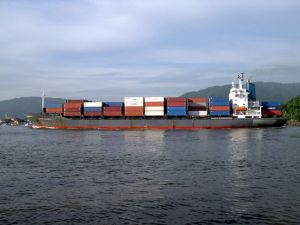How Do Import Refusals for Pathogen Violations Respond to a Recession?
Abstract
Using publicly available import refusal data, this paper examines the extent to which an economic recession affects import refusals for pathogen violations—shipments that appear to violate the laws enforced by the United States (U.S.) Food and Drug Administration (FDA) on adulterated products. Statistically significant differences in the average share of pathogen violations suggest that changes in import refusals by pathogen type were associated with the 2007 to 2009 U.S. recession. Compared to averages before 2007, the average share of pathogen violations increased by 13.4 percentage points for Salmonella, decreased by 8.4 percentage points for Listeria and decreased by 2.7 percentage points for Histamine. While this could have been caused by changes in inspection or by changes in the quality of the food imported the results nonetheless suggest that aligning additional inspection resources immediately following macroeconomic slowdowns towards shipments more susceptible to Salmonella may help minimize the risk of foodborne illness from imported products.

Authors retain all copyrights. In making a submission to World Nutrition, they are certifying that all material is theirs except quotations, as indicated, and that they have obtained permission for any photos, tables, or graphics taken from other publications or websites.




